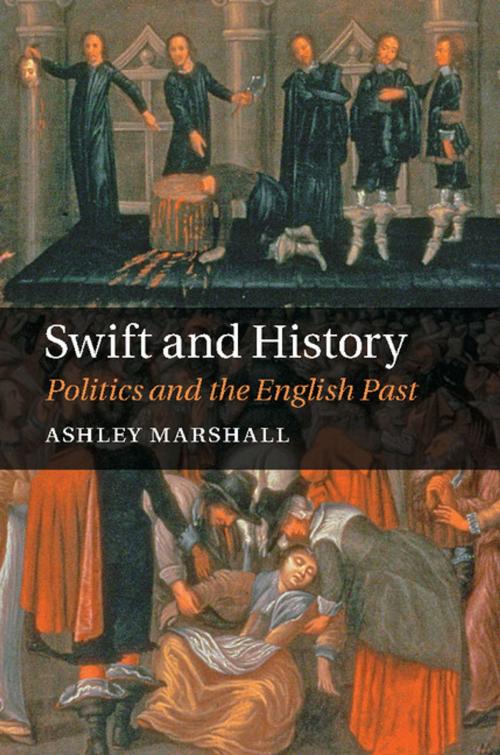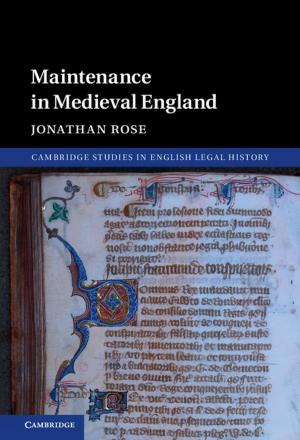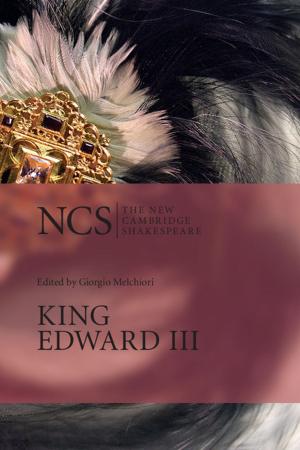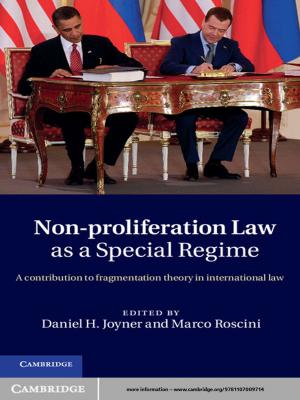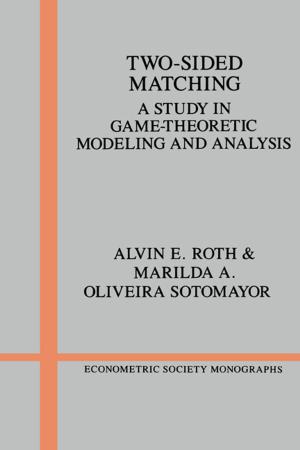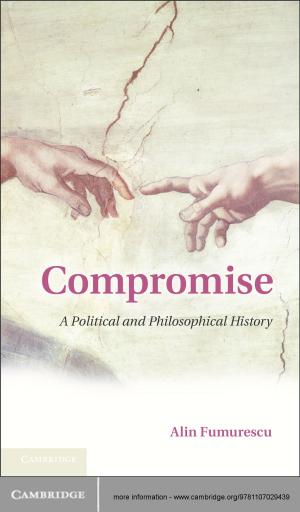Swift and History
Politics and the English Past
Fiction & Literature, Literary Theory & Criticism, British, Nonfiction, History| Author: | Ashley Marshall | ISBN: | 9781316290309 |
| Publisher: | Cambridge University Press | Publication: | April 23, 2015 |
| Imprint: | Cambridge University Press | Language: | English |
| Author: | Ashley Marshall |
| ISBN: | 9781316290309 |
| Publisher: | Cambridge University Press |
| Publication: | April 23, 2015 |
| Imprint: | Cambridge University Press |
| Language: | English |
Swift has been said to have little interest in history; his attempts to write it have been disparaged and his desire to become Historiographer Royal ridiculed. Ashley Marshall argues that history mattered enormously to Swift. He read a vast amount of history and uses historical examples copiously in his own works. This study traces Swift's classical and modern historiographical inheritance; analyses his unsuccessful attempt to write a history of England; and offers radical re-reading of his History of the Four Last Years of the Queen. A systematic analysis of Swift's view of 'authority' is highly revealing. His attitudes toward power and authority, sovereigns' and subjects' rights, parliamentary representation, and succession are reflected in his lifelong engagement with and pervasive use of the past. Studying Swift and history enables a deeper understanding of his authoritarian and historiographically Tory outlook - and how it changed when Swift's party fell from power in 1714.
Swift has been said to have little interest in history; his attempts to write it have been disparaged and his desire to become Historiographer Royal ridiculed. Ashley Marshall argues that history mattered enormously to Swift. He read a vast amount of history and uses historical examples copiously in his own works. This study traces Swift's classical and modern historiographical inheritance; analyses his unsuccessful attempt to write a history of England; and offers radical re-reading of his History of the Four Last Years of the Queen. A systematic analysis of Swift's view of 'authority' is highly revealing. His attitudes toward power and authority, sovereigns' and subjects' rights, parliamentary representation, and succession are reflected in his lifelong engagement with and pervasive use of the past. Studying Swift and history enables a deeper understanding of his authoritarian and historiographically Tory outlook - and how it changed when Swift's party fell from power in 1714.
